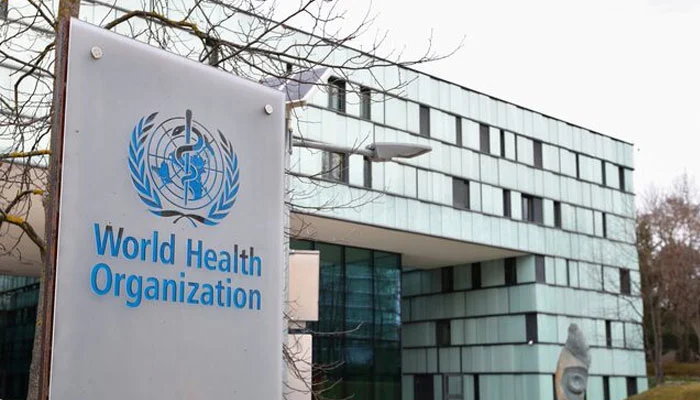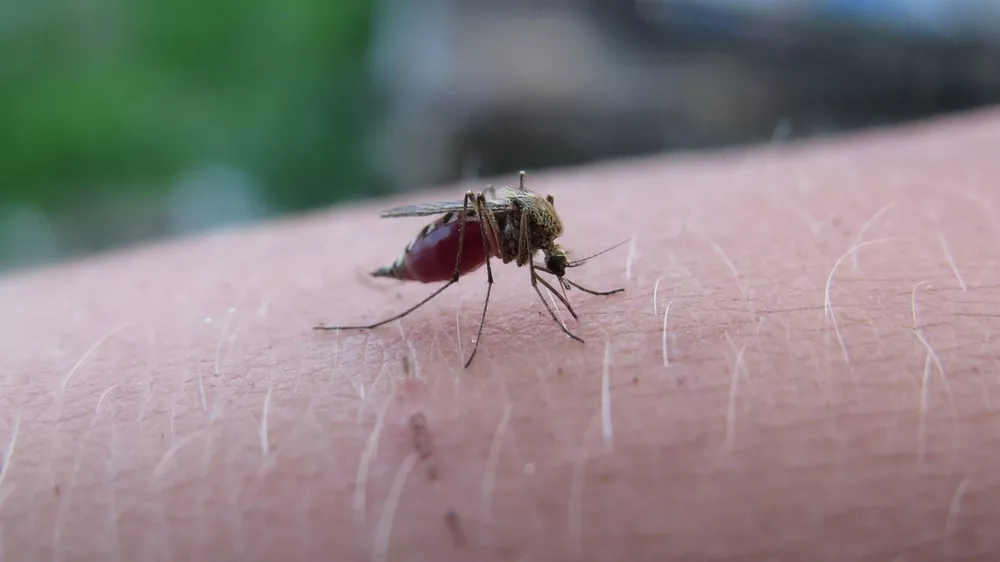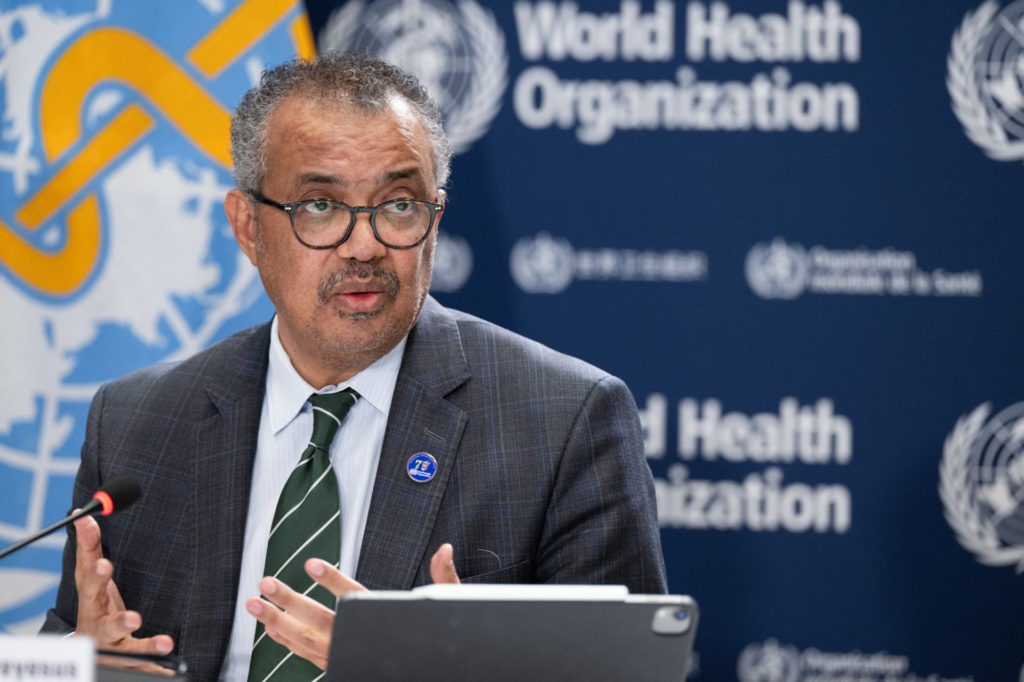The World Health Organization (WHO) recently certified Egypt as malaria-free, marking the end of a nearly century-long battle against the disease. Malaria has been intertwined with Egypt’s history since ancient times, afflicting countless lives, including those of the pharaohs.
This certification is a testament to Egypt’s resilience and determination to eradicate a disease that once plagued its civilization. In this blog, we will delve into the significance of this achievement, explore Egypt’s efforts throughout history to combat malaria, and examine what this milestone means for the country’s future health landscape.
A Century-Long Battle Against Malaria
Egypt’s efforts to eliminate malaria can be traced back to nearly 100 years ago, when the country launched its first organized campaigns to tackle the deadly mosquito-borne disease. Malaria, caused by the Plasmodium parasite transmitted through mosquito bites, was a major public health challenge in Egypt, as it was in many other parts of Africa.
Historically, the disease claimed millions of lives across the globe, with its impact felt acutely in regions where mosquitoes flourished, particularly in tropical and subtropical climates.
Efforts to fight malaria in Egypt began in the 1920s, when authorities started implementing strategies to reduce human contact with mosquitoes. One of the earliest methods was to ban rice cultivation and other agricultural practices near homes.
Read : Grand Egyptian Museum is Partially Open for Visitors After 20 Years
These crops, which often required standing water, created breeding grounds for mosquitoes and exacerbated the spread of malaria. By limiting such practices, Egypt took its first steps toward reducing the mosquito population and controlling the transmission of the disease.
In addition to agricultural reform, public health campaigns were rolled out to educate people on how to avoid mosquito bites, the importance of draining stagnant water, and how to use protective measures like bed nets.
Read : Mysterious L-shaped Structure Found Underground in the Western Cemetery of Giza
Over time, Egypt’s malaria prevention efforts evolved, incorporating new technologies, treatments, and approaches as global understanding of the disease grew. Despite numerous challenges, Egypt’s dedication to eradicating malaria was unwavering.
Achieving Malaria-Free Status: A Collaborative Effort
The road to malaria-free certification was neither easy nor short. For a country to be certified as malaria-free by the WHO, it must prove that there has been no indigenous transmission of the disease for at least three consecutive years.
In addition to interrupting the transmission cycle, countries must also demonstrate the capacity to prevent the re-establishment of the disease. This requires robust public health infrastructure, consistent disease surveillance, and the ability to respond rapidly to potential outbreaks.
Egypt achieved these milestones through decades of persistent efforts. Public health programs were scaled up, and measures to prevent mosquito breeding were strictly enforced. Moreover, Egypt collaborated with international organizations, including the WHO, to ensure that its malaria control strategies were in line with the best global practices.
The WHO played a crucial role in supporting Egypt’s efforts, providing technical assistance, monitoring disease trends, and offering guidance on how to maintain the country’s malaria-free status.
One key factor in Egypt’s success was the government’s commitment to long-term, sustainable solutions. Over the years, Egypt invested in improving its healthcare infrastructure, ensuring that healthcare workers were adequately trained in detecting and managing malaria cases.

The country also prioritized monitoring mosquito populations and tracking the disease’s prevalence, enabling authorities to act swiftly in the event of a potential resurgence.
The WHO’s certification of Egypt as malaria-free is not only a recognition of the country’s success in eradicating the disease but also a celebration of the efforts of the Egyptian people.
Communities played a vital role in implementing mosquito control measures and promoting awareness about how to prevent malaria transmission. Their cooperation and participation in these efforts were essential to the country’s victory over the disease.
The Future of Egypt’s Public Health
While Egypt’s certification as malaria-free is a remarkable achievement, it marks the beginning of a new phase rather than the end of the journey. As the WHO has emphasized, maintaining malaria-free status requires ongoing vigilance and proactive measures to prevent the reintroduction of the disease.
With climate change potentially affecting mosquito populations and migration patterns, countries that have eliminated malaria remain at risk of future outbreaks, particularly as global travel and trade increase.
For Egypt, the challenge now is to continue strengthening its public health systems to ensure that malaria does not return. This involves maintaining high standards of disease surveillance, improving access to healthcare in vulnerable regions, and investing in research and technology to monitor mosquito populations.
Egypt must also remain alert to potential outbreaks in neighboring countries, as cross-border transmission remains a possibility.
At the global level, Egypt’s success serves as an inspiring example for other countries still grappling with malaria. The WHO’s certification sends a strong message that eliminating malaria is possible with the right strategies, resources, and commitment.

Egypt is now the third country in the WHO’s Eastern Mediterranean Region to be declared malaria-free, following the United Arab Emirates and Morocco. Worldwide, 44 countries and one territory have reached this milestone, demonstrating that collective efforts can yield significant results in the fight against one of the world’s deadliest diseases.
Moving forward, Egypt has the opportunity to contribute to global malaria eradication efforts by sharing its knowledge and expertise with other nations. The lessons learned from Egypt’s century-long battle against malaria can inform and inspire other countries as they pursue their own goals of elimination.
Egypt’s success also highlights the importance of international collaboration in achieving public health milestones, particularly for diseases that affect large populations across borders.
In addition to preventing malaria’s return, Egypt’s broader public health landscape will benefit from the improvements made during its fight against the disease. The country’s healthcare infrastructure has been strengthened, and its capacity to manage other infectious diseases has improved.
By continuing to invest in public health, Egypt can build on its success and work toward eliminating other diseases that threaten its population.

Egypt’s declaration as malaria-free by the WHO is a monumental achievement, capping off nearly 100 years of efforts to eliminate the disease from the country. From its early initiatives in the 1920s to its collaboration with international health organizations, Egypt has demonstrated a commitment to public health that has paid off with the eradication of malaria.
The certification not only recognizes Egypt’s success but also places the country among a select group of nations that have managed to rid themselves of this ancient scourge.
However, as the WHO has emphasized, the fight is far from over. Egypt must remain vigilant to ensure that malaria does not return, particularly in light of global challenges such as climate change and cross-border migration.
By continuing to invest in public health infrastructure and maintaining robust disease surveillance, Egypt can safeguard its malaria-free status and serve as a model for other nations working to eliminate the disease.
This achievement is a testament to the power of sustained efforts, international cooperation, and community engagement in overcoming public health challenges.
Egypt’s malaria-free certification is a cause for celebration, but it also serves as a reminder that the fight against malaria continues on a global scale. With countries like Egypt leading the way, the world can move closer to the goal of a malaria-free future for all.

